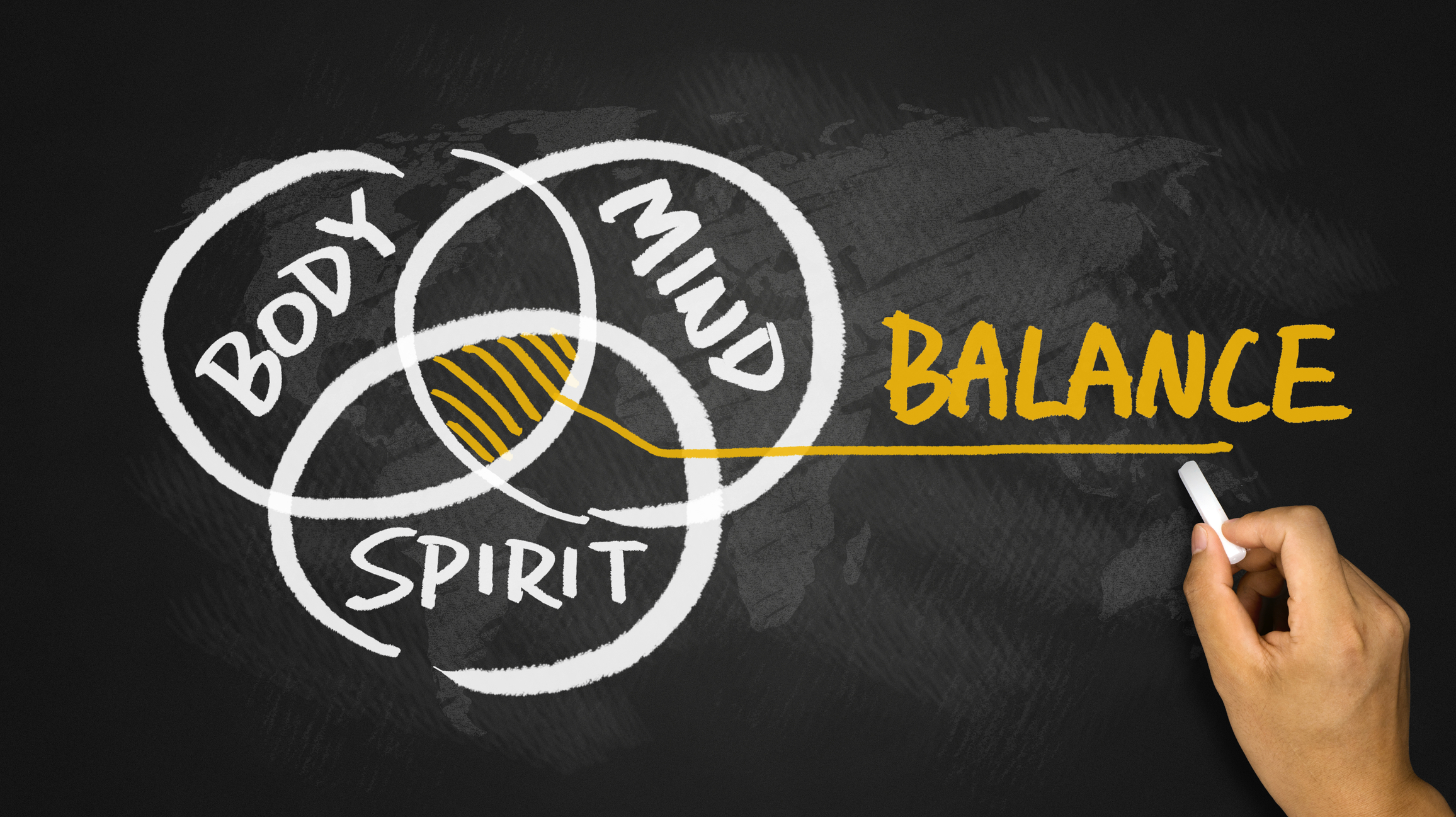In the high-intensity world of first responders, the demands are constant and the challenges unrelenting. From facing emergencies head-on to providing aid in critical situations, the toll on both the body and the mind can be substantial. In the pursuit of resilience and vitality, first responders often find themselves seeking solutions to maintain their well-being. One approach that is gaining traction is the harmonious balance between physical fitness and spiritual well-being. Let’s explore the interconnectedness of these two aspects and how they contribute to the holistic heroism of first responders.
A Synergistic Relationship
Physical fitness and spiritual well-being may seem unrelated at first glance, but they are, in fact, deeply interconnected. The body and the mind are not separate entities but parts of a unified system that thrives when both are nurtured. When first responders prioritize physical fitness and spiritual well-being, they set the stage for a symbiotic relationship that enhances overall health and resilience.
The Physical Component
Physical fitness goes beyond merely maintaining a certain level of strength and endurance. Engaging in regular exercise not only improves cardiovascular health and muscle strength but also releases endorphins, the body’s natural stress-relievers. A physically fit body is better equipped to manage the physical demands of the job, reducing the risk of injury and fatigue. Moreover, physical activity fosters mental clarity, improves mood, and boosts self-confidence – qualities that are indispensable in high-pressure situations.
The Spiritual Component
Spiritual well-being is often misunderstood as a purely religious pursuit. However, it encompasses a broader realm that includes mindfulness, self-reflection, and a connection to a sense of purpose. For first responders, nurturing spiritual well-being involves practices like meditation, deep breathing, and introspection. These practices allow them to cultivate emotional resilience, manage stress, and find moments of calm amidst chaos. Moreover, exploring spirituality helps first responders connect with a deeper sense of purpose, reminding them of the vital role they play in their communities.
The Holistic Heroism
When physical fitness and spiritual well-being come together, a powerful synergy emerges. First responders who prioritize both aspects experience a holistic heroism that encompasses strength, resilience, and a profound sense of purpose. The physical strength gained through fitness training complements the emotional resilience fostered through spiritual practices. Together, they create a well-rounded individual who can face challenges head-on while maintaining a calm and centered mindset.
Embrace the Balance
In a profession where every second counts, taking the time to nurture both physical and spiritual well-being may seem like a challenge. However, the investment pays off tenfold. First responders who strike this balance find themselves better equipped to handle the rigors of the job and enjoy a healthier, more fulfilling life outside of it. The journey to becoming a holistic hero is not about perfection but about progress. It’s about acknowledging the interconnectedness of body and soul and making intentional choices that contribute to overall well-being.
As first responders strive to be the heroes their communities rely on, remember that heroism begins within. By embracing the harmony between physical fitness and spiritual well-being, first responders can unlock a level of resilience, vitality, and purpose that propels them forward on their journey of service and self-discovery.


Comments are closed